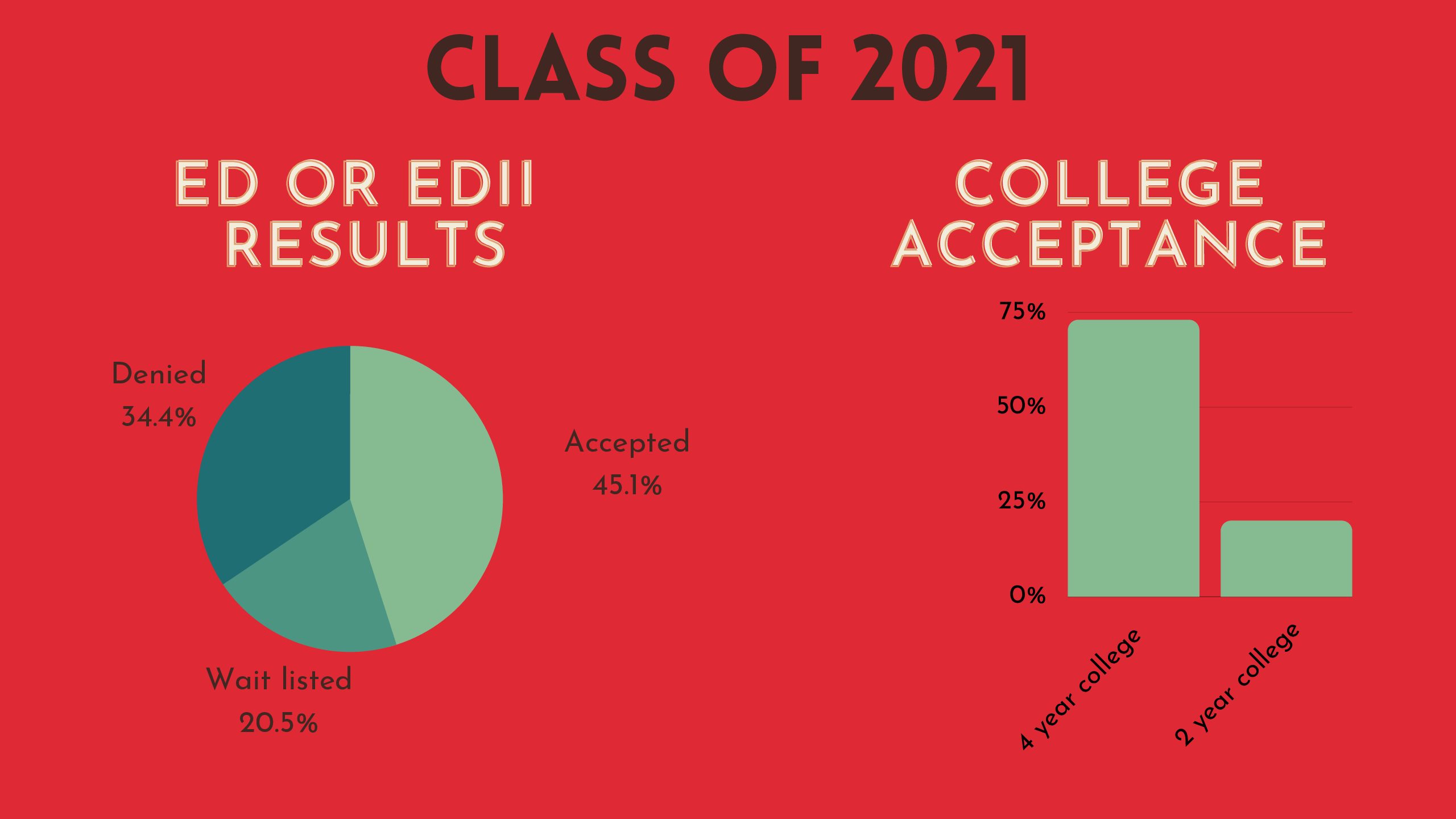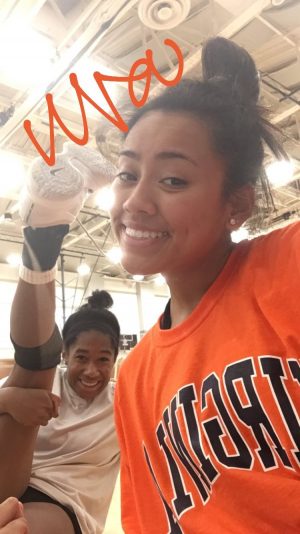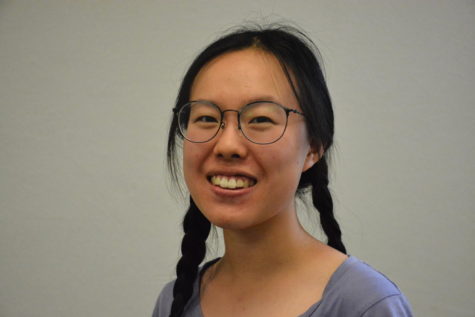Juniors spring ahead for college
There are more than 4000 degree-granting postsecondary institutions in the U.S., according to the National Center for Educational Statistics. The bulletin board outside the College & Career Center displays a few of the options on Oct. 13, 2021. “Don’t rule out [any of the possibilities],” college and career specialist Khristie Greiner said. “The world is your oyster right now.”
March 6, 2022
Emails from various colleges cram inboxes, exam season draws near and adults inquire about interests and future plans; all of these signal the beginning of a journey longer than most juniors may expect—college application season.
According to college and career specialist Khristie Greiner, the application season lasts from the January of junior year until the January of senior year. Academic Advising, through which counselors meet with students to finalize the courses they will be taking next year, is the first major step.
“You want to make sure that you have strong academics in your senior year because colleges are going to look at your academic rigor,” Greiner said. “They want to make sure that you are on an upward trend.”
With more than 100 schools to choose from just within Virginia, some may feel clueless about where to begin. Greiner suggests students examine their personal interests and needs before choosing the schools they wish to attend. Students can find the schools that fit them the most by analyzing their academic, social and financial preferences. For example, some people have a preferred student-teacher ratio, housing conditions or the school’s distance from home. The newspaper, websites and social media accounts of a school can also share more information about its social atmosphere, including introductions to clubs and other extracurricular activities.
“If your school of interest offers interviews with seniors at the university, you can sign up,” senior Sreya Devarakonda said. “[Some schools] have them over the summer and it’s a stress-free time to get it over with, while also making sure that the school knows you are interested.”
For students who have signed up for the College Board Student Search Service, learning more about schools through college emails can also be a place to start. This service may be signed up when taking the PSAT or through the Student Search Service website.
“A lot of the emails are from [schools in other states],” junior Han Nguyen said. “But I realized most of the schools I want to go to are in the state, [so the emails] didn’t really end up helping as much as I thought they would.”
As in-person visits are starting to return to many colleges, Greiner suggests juniors use public holidays and early release days to explore schools and experience what it feels like to be on campus.
“Sometimes you’ll put your foot right out of the car and you will say ‘there’s no way I’m doing this,’” Greiner said. “[Other times] you can say in your head: ‘I can make it work.’”
Apart from building a potential school list, juniors are also encouraged to take standardized exams such as the SAT, ACT and AP exams in the spring. Although many schools remain test optional to applicants in the fall of 2022, Greiner points out that students should seize the opportunity to take Fairfax County-offered exams at school.
“It could be used against you if you don’t test,” Greiner said. “So make sure that you have tested and that you have not closed that door for yourself.”
With all the exams, activities and research that need to be considered, planning for college can seem overwhelming.
“I would [suggest talking] to a teacher or adult you are close to outside of your family,” Devarakonda said. “They are often very understanding and can help you through parts of the process.”
Teachers, counselors and the College & Career Center are all here to support juniors through this journey and help them find the choice that fits them the most.
“We want you to have a good fit,” Greiner said. “We want you to be you and [like] what you are doing, because [that’s] going to make you happy in the long run.”


![There are more than 4000 degree-granting postsecondary institutions in the U.S., according to the National Center for Educational Statistics. The bulletin board outside the College & Career Center displays a few of the options on Oct. 13, 2021. “Don’t rule out [any of the possibilities],” college and career specialist Khristie Greiner said. “The world is your oyster right now.”](https://chantillynews.org/wp-content/uploads/2022/03/Junior-college-prep-900x600.jpg)



